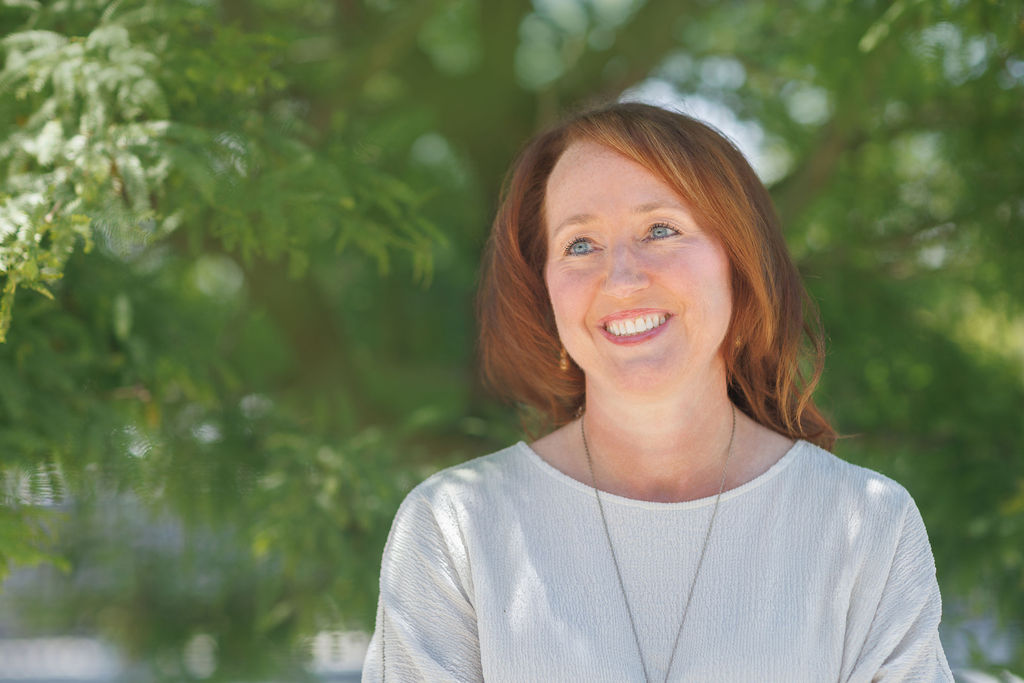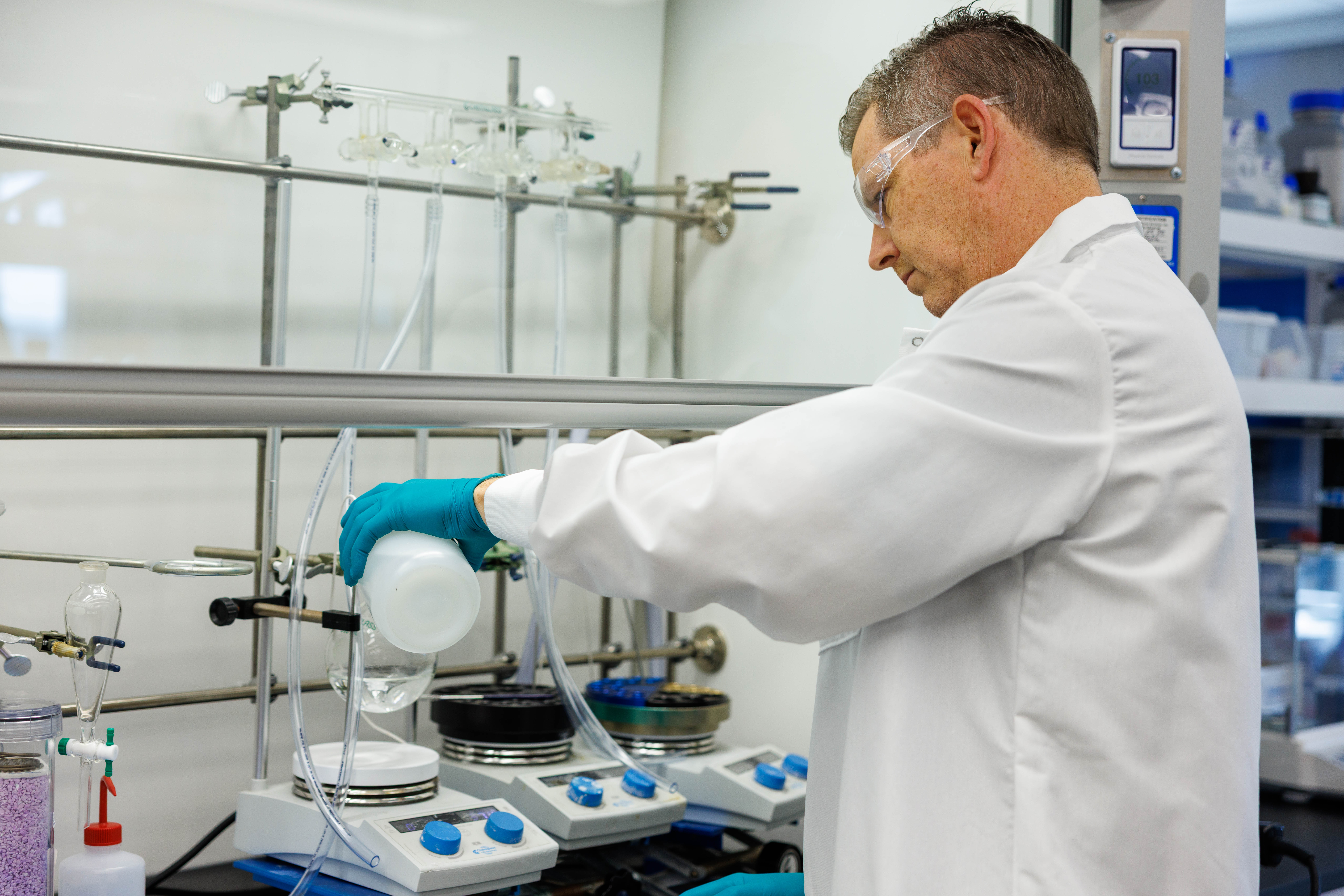Our Culture
This place is about more than a pharmaceutical career. It’s about making a real difference in the lives of patients. That’s why we’re here. That’s why you should maybe think about being here, too.
Our mission is to build the leading endocrine company that consistently pioneers new therapeutics to help patients better control their disease and improve their daily lives. Working to accomplish this mission is how we bring our vision to life. For us, that vision is the best possible therapeutics available to all patients with diseases of the endocrine system. We love how that sounds. And we really can’t wait to know how it feels.

We value the patients
because they are why we do this.
We value the
healthcare practitioners
because they are
on the front lines, fighting.


We value the science
because the
scientific approach
is in our DNA.
We value our workplace
because our culture
ignites our success.

Join us on our mission to redefine the future of endocrinology.
View open positionsTransforming Endocrine Disease Treatment
Be the first to know about the advances we're making in endocrine-rooted care.
